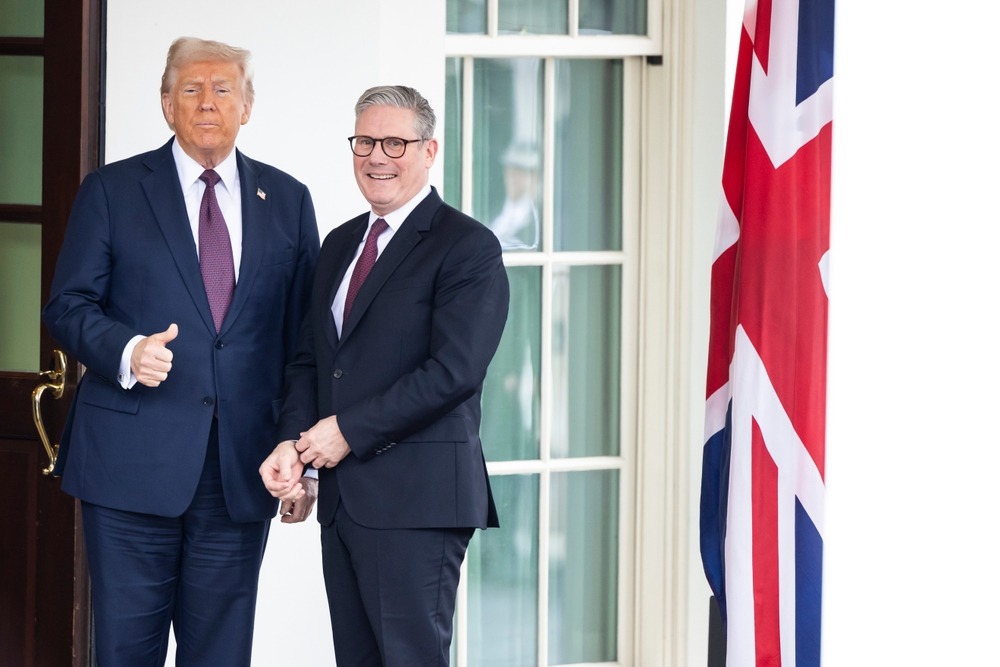UK-US Tariff Deal Explained: A Pricey Win at the Cost of Pride?
The UK has secured a new agreement with the United States that will ease tariffs on certain exports, including steel, aluminium, and cars. But while government officials hail it as a breakthrough, one thing is clear: this is no free trade deal — and the price we’ve paid for it, in both political posture and policy compromise, leaves an uncomfortable aftertaste.
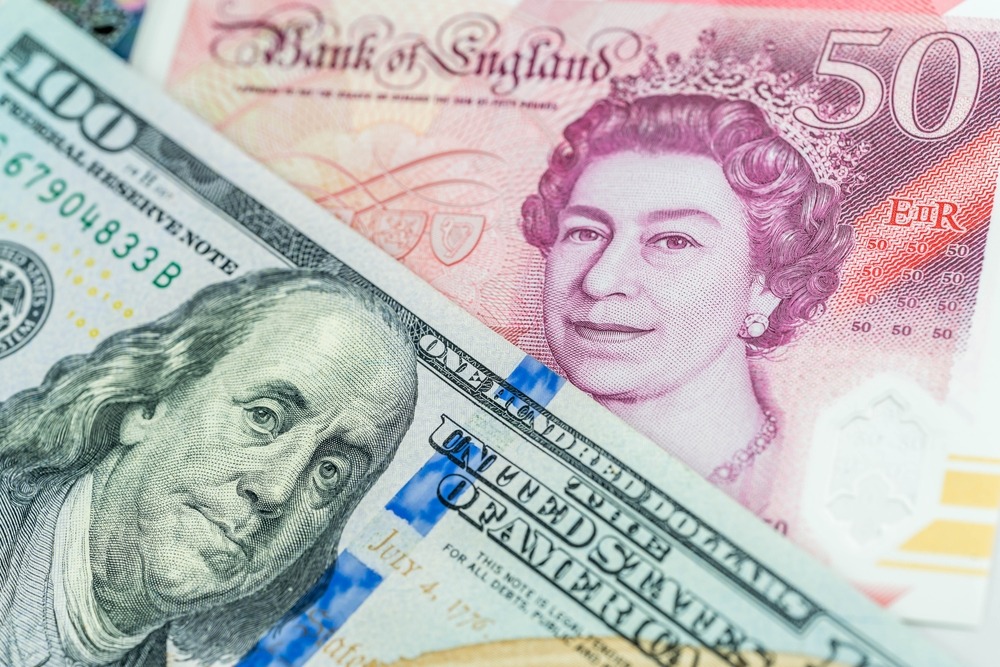
It’s Not a Trade Deal — No Matter What Trump Says
Let’s be clear from the outset: this is not a trade agreement. Despite President Donald Trump’s claim on social media that he’s delivered a “major trade deal,” this arrangement falls far short of that mark.
Trump doesn’t have the legal authority to sign a full free trade deal — that power lies with Congress. What’s been announced is a narrow, temporary tariff agreement, with much of the detail still to be hammered out in legal negotiations over the coming months.
Calling it a trade deal is political theatre. And bending to that showmanship — just to win small tariff concessions — doesn’t sit right with me.
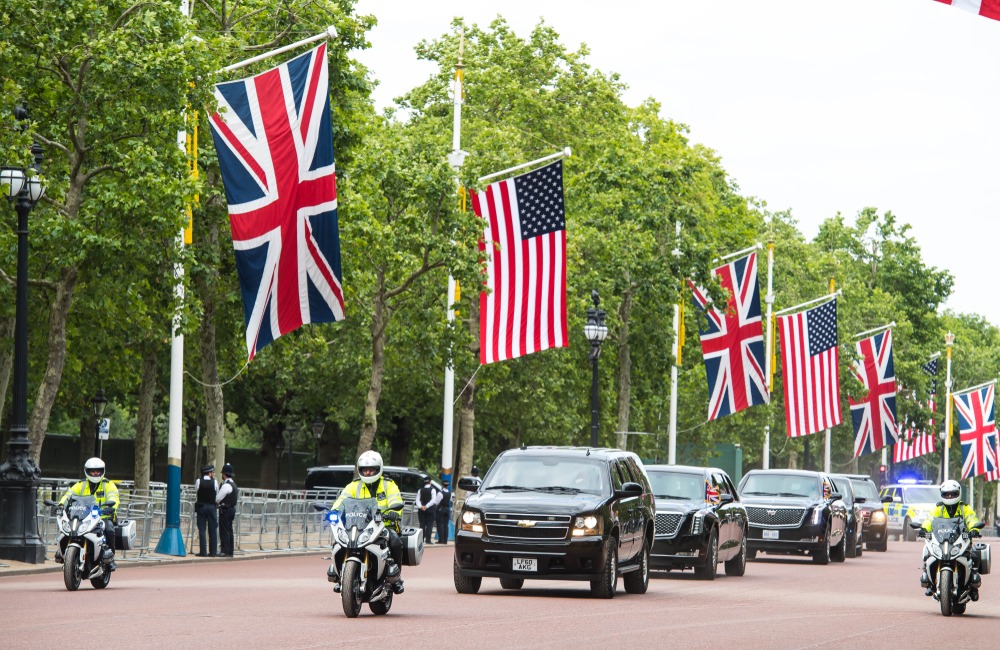
Car Tariffs Eased, But with a Cap
One of the headline announcements is a reduction in car tariffs. Trump had slapped a 25% tax on imported vehicles and parts, on top of the existing 2.5%. This deal trims that down to 10% — but only for up to 100,000 UK cars annually. Beyond that quota, the punishing 27.5% import tax still applies.
It’s a win for brands like Jaguar Land Rover, which sends about a quarter of its vehicles to the US. The company welcomed the deal, saying it “secures greater certainty for our sector and the communities it supports.”
RELATED: UK Secures Tariff Deal With US, But At What Cost?
But as UK car industry leaders pointed out to the BBC, this quota effectively puts a cap on how much the UK can export competitively. And it's telling that the UK still imposes a 10% import tax on US cars — something the US wants cut to 2.5%. Chancellor Rachel Reeves has indicated she’s open to the idea, which feels like another concession waiting to happen.
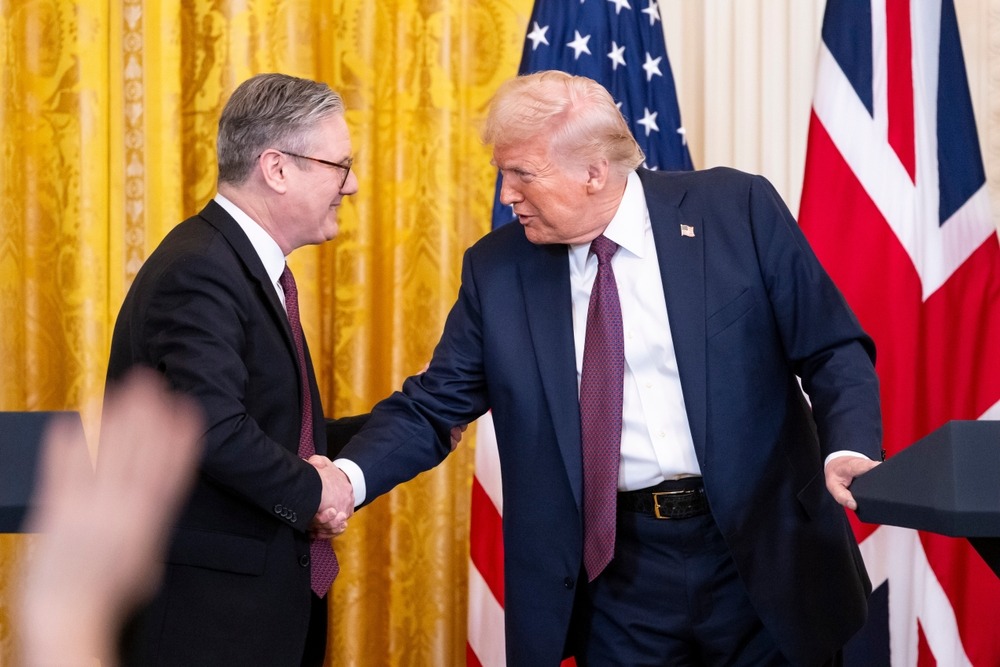
Steel and Aluminium Tariffs Lifted — But with Strings Attached
Another significant piece of the agreement is the scrapping of Trump-era 25% tariffs on UK steel and aluminium. For struggling firms like British Steel, this is a much-needed lifeline. But even here, the devil is in the details.
The US will impose a quota system at “most favoured nation” rates. But we still don’t know how generous this quota will be — or if derivative products like gym equipment and machinery will benefit. Together, these steel-related exports are worth over £2.9bn annually, so a lot hangs in the balance.
There’s also ambiguity about whether only steel “melted and poured” in the UK will qualify — a technical requirement that could exclude large portions of British exports.
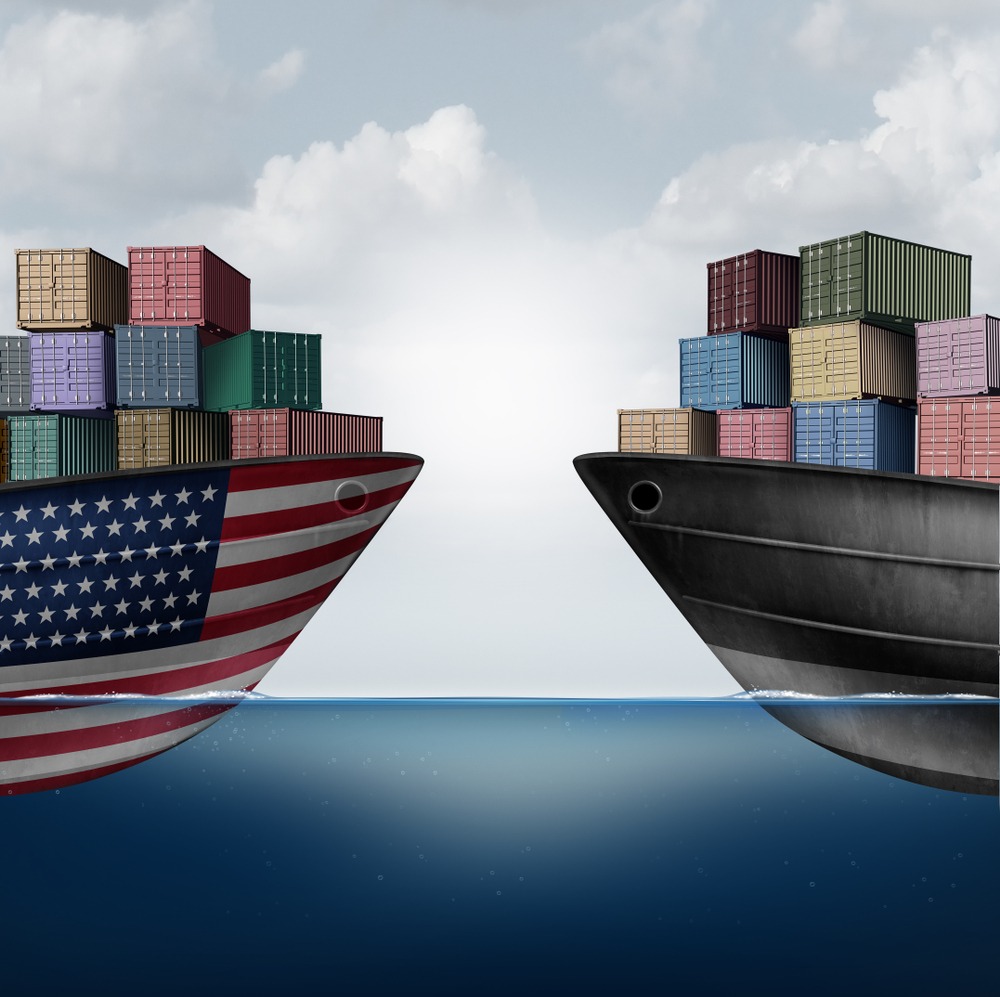
Pharmaceuticals: Still in Limbo
Perhaps the biggest area of uncertainty remains pharmaceuticals — the UK’s second-biggest export to the US, valued at £6.6bn last year. Despite both countries stating they intend to “promptly negotiate significantly preferential treatment” on drugs and ingredients, nothing concrete has been agreed.
RELATED: Trump’s Hollywood Tariff Plan: A Misfire That Could Hurt U.S. Filmmakers Most.
Most finished medicines already carry low or zero tariffs under global norms. But with the pharmaceutical sector being such a large part of UK-US trade, the vagueness here feels like a missed opportunity — or worse, a sign that more concessions may be needed down the line.
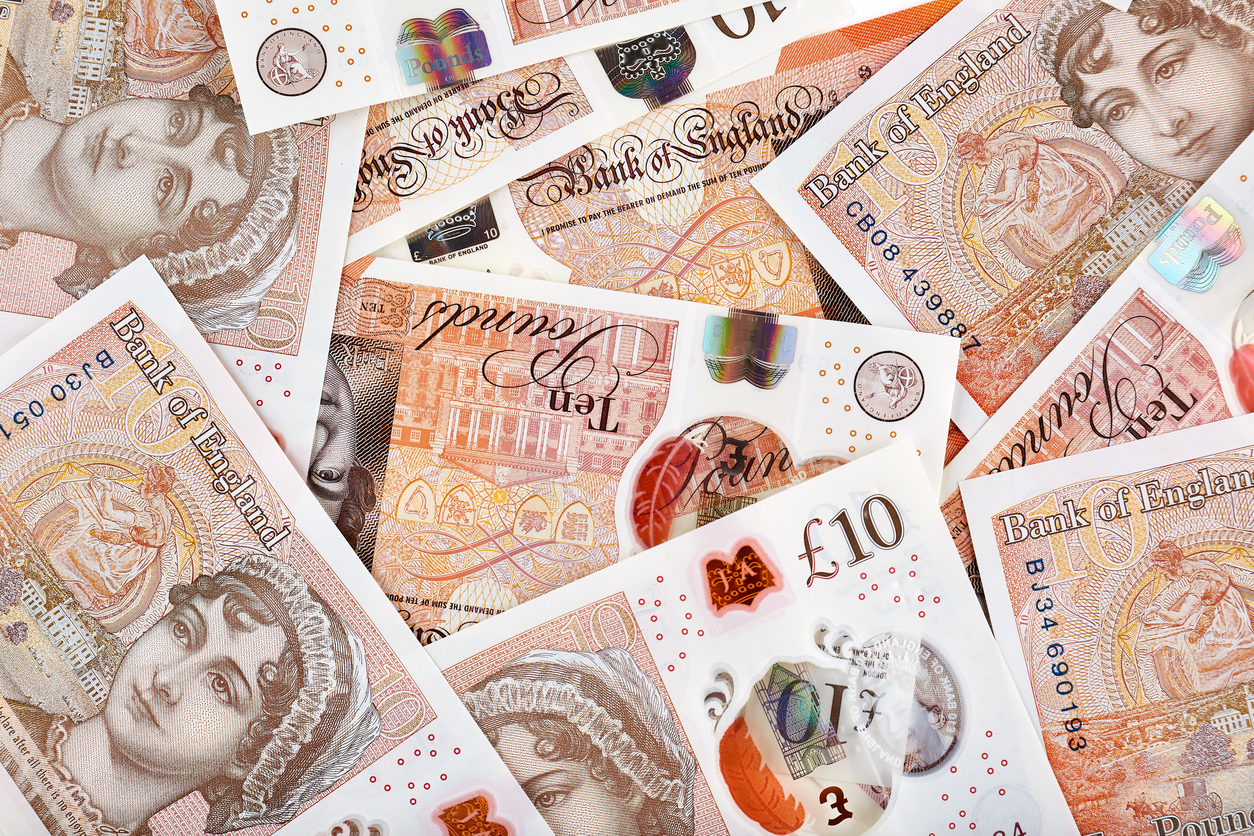
Tech Taxes Stay — For Now
There’s also been no change to the UK’s 2% digital services tax, which mainly affects US tech giants like Meta, Apple and Google. Reports had suggested this might be dropped under pressure, but the UK has held firm — at least for now.
The tax pulled in £360m from US firms in its first year alone, so keeping it intact is significant. The UK and US have instead agreed to work on a separate digital trade deal to “strip back paperwork” and boost digital exports — a vague promise that again leaves much to be negotiated.
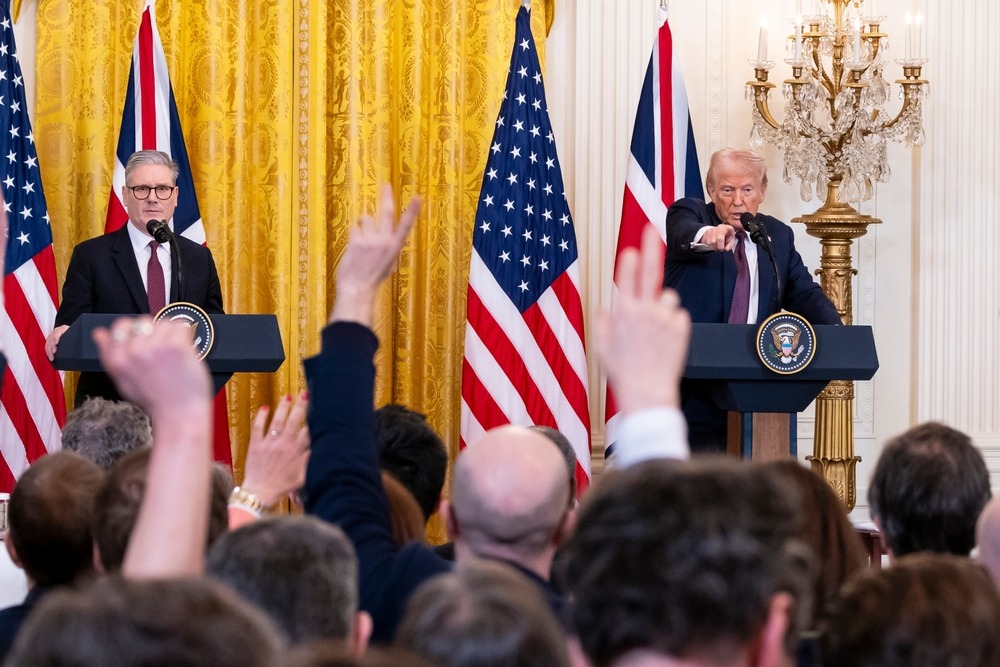
Agriculture: Small Wins, No Compromise on Standards
The UK has increased its quota for US beef imports from 1,000 to 13,000 metric tonnes and removed a 20% tariff on it. In exchange, UK farmers have been granted a reciprocal, tariff-free quota for their own exports to the US — described as a “first” by trade officials.
Importantly, the UK government has confirmed that food standards — especially around growth hormones, widely used in US beef production — will not be relaxed. The UK continues to align with EU rules on this front, which is a welcome bit of backbone in an otherwise compromised deal.
Ethanol tariffs on US imports used in UK beer production have also been lifted.
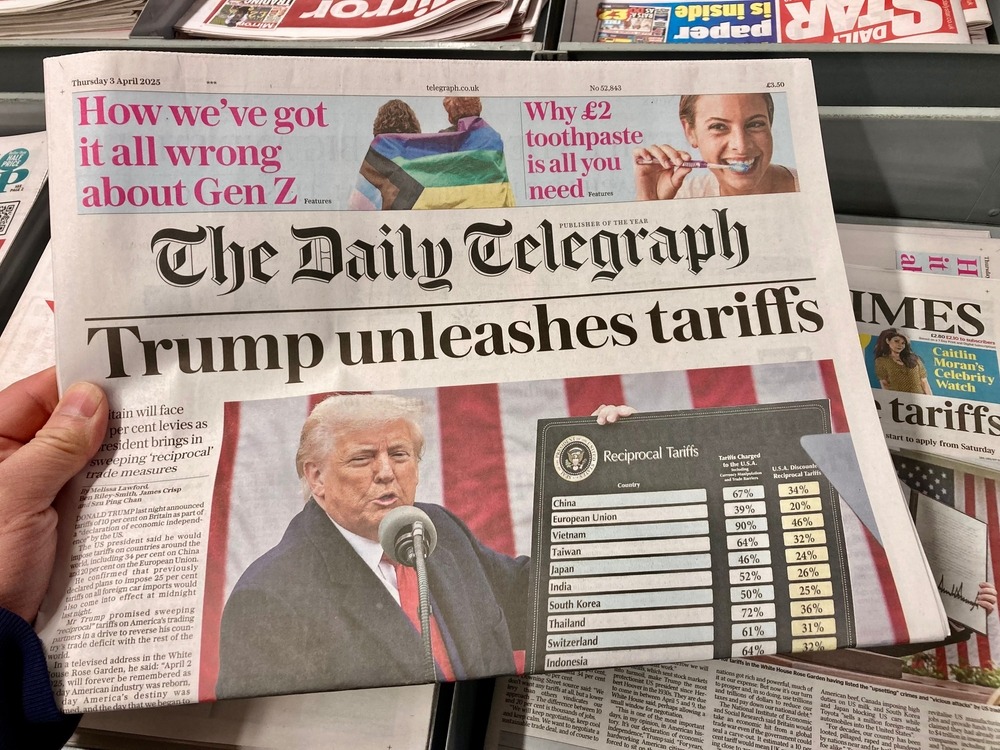
A Deal That Feels Off-Balance
Donald Trump bragged that the UK will be “fast tracking American goods” through customs, with minimal red tape. It’s all designed to look like a big win for the UK — but let’s be honest, the optics are mostly favourable to Trump. He gets to play dealmaker on the world stage again, while the UK makes quiet concessions and spins modest gains as victories.
RELATED: US Strikes Controversial Deal for Slice of Ukraine's Rich Resources.
The UK government insists this deal will “open up a huge market” and “put rocket boosters on the economy.” Maybe — but it doesn’t feel like a win rooted in partnership. It feels more like we’re bending the knee to a man whose erratic politics and self-promotion shouldn’t dictate our trade policy.
Conclusion
The UK-US tariff deal offers some immediate economic relief and support for key industries like steel and automotive manufacturing. But let’s not kid ourselves — it’s a piecemeal agreement shaped around the demands and ego of Donald Trump. From quotas to vague promises, the terms suggest we’ve traded more than tariffs: we’ve traded leverage for expedience. If this is the price of doing business with Trump, we should ask whether it's a price worth paying.



